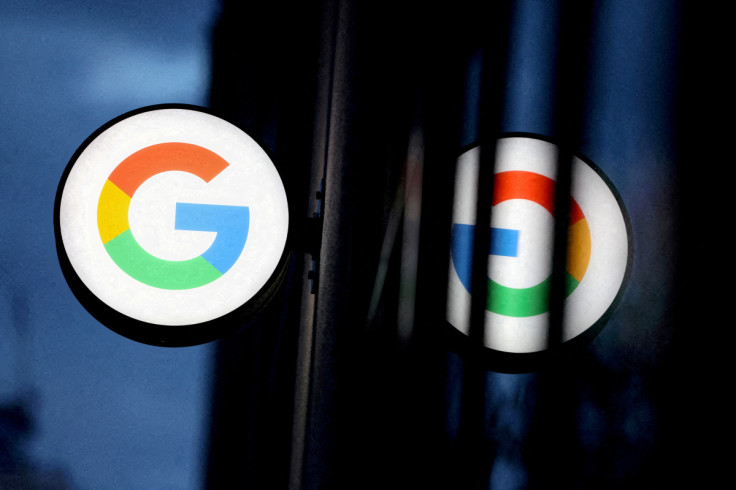
Google has announced Google AI Studio in a bid to be at the forefront of the AI space. Here's how developers can leverage its capabilities.
Last week, Google unveiled its most capable AI model to date dubbed Gemini in a bid to make artificial intelligence (AI) more accessible and useful for people around the world.
📣🛠️ Calling all devs, Gemini Pro is now available for you to build with.
— Google for Developers (@googledevs) December 13, 2023
Get started with Google AI Studio, the fastest way to build with Gemini. ➡️ https://t.co/LCKXIworJR#BuildWithGemini pic.twitter.com/oXieWnHu9U
Gemini AI is available in 3 variants including Ultra, Pro and Nano, which is optimised for mobile devices like the Pixel 8. Now, Google is allowing developers and enterprises to integrate Gemini Pro into their own use cases.
Gemini Pro: What does it offer?
According to an earlier report, Gemini outperformed ChatGPT's most powerful model, GPT-4 on 30 out of 32 benchmark tests. Likewise, the Gemini Pro variant beats similar-sized models hands down on research benchmarks.
The Pro variant, which can be accessed through the Gemini API, currently comes with a 32K context window for text. Google reportedly has plans to introduce larger windows in future versions.
Developers will be able to leverage Gemini Pro capabilities for free within certain limits. Google is expected to introduce competitive pricing in the coming days.
Today developers can start building with our first version of Gemini Pro through Google AI Studio at https://t.co/ozfVwuBpSZ.
— Sundar Pichai (@sundarpichai) December 13, 2023
Developers have a free quota and access to a full range of features including function calling, embeddings, semantic retrieval, custom knowledge… pic.twitter.com/GHzFaoU9cK
Gemini Pro boasts an impressive array of functions including custom knowledge grounding, semantic retrieval, embeddings and function calling. It also has chat functionality that supports 38 languages across 180+ countries.
The search giant recently noted that Gemini Pro is designed to accept text as input and generate text as output. Moreover, a recently introduced dedicated Gemini Pro Vision multimodal endpoint accommodates text as well as imagery inputs with text outputs.
The model comprises Software Development Kits (SDKs) for effortless integration into apps, supporting popular languages such as JavaScript, Swift, Node.js, Android (Kotlin) and Python.
Google has also announced Google AI Studio, which alludes to a web-based developer tool. Notably, Google AI Studio will play a major role in expediting the process of developing prompts and obtaining API keys for app integration.
Much to their delight, developers will be able to access sixty requests per minute using the free quota. Given that it connects developers with Gemini Pro, it is safe to say that the AI Studio is a gateway into the broader Gemini ecosystem.
Transitioning from Google AI Studio to Vertex AI
Developers will have the option to switch from AI Studio to Vertex AI on Google Cloud for a more advanced AI platform.
"Vertex AI is a machine learning (ML) platform that lets you train and deploy ML models and AI applications, and customize large language models (LLMs) for use in your AI-powered applications," Google noted in a blog post introducing Vertex AI.
Those who transition to Vertex AI will be able to customise Gemini and access additional Google Cloud features that ensure enterprise security, safety, privacy and data governance.
ICYMI–Gemini Pro is now publicly available on Vertex AI, Google Cloud’s end-to-end AI platform.
— Google Cloud (@googlecloud) December 15, 2023
Gemini on #VertexAI and can make sense of words, language, images, video, and code—all at once.
Learn more ↓https://t.co/g5SR5XwOIT
Vertex AI developers will be able to access these models for free until general availability early next year. Reportedly, charges will apply per 1,000 characters or per image across Google AI Studio and Vertex AI.
The word on the street is that Google is gearing up to unveil its most advanced model called Gemini Ultra in 2024. The Ultra variant is designed to handle complex tasks. Also, the company is reportedly planning to extend Gemini to more developer platforms like Chrome and Firebase.
This is a major sign that Google is committed to the continuous evolution of AI capabilities. While the company has embarked on a new era of AI with Gemini, it will be interesting to see whether the new AI tool will be able to match or surpass industry benchmarks.
In the meantime, key details about Google's purported new program codenamed "Project Ellmann" have surfaced online. The mysterious program will reportedly use Gemini AI to give users a "bird's-eye" view of their lives.







